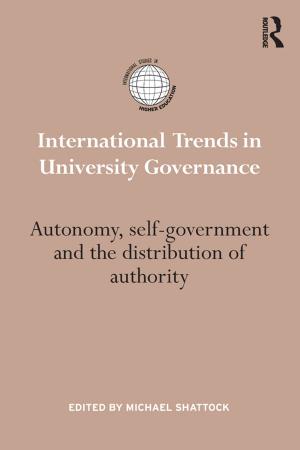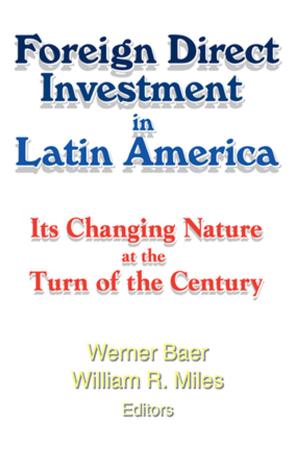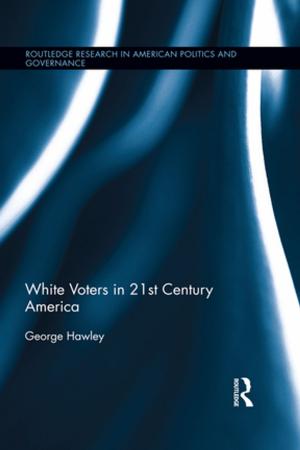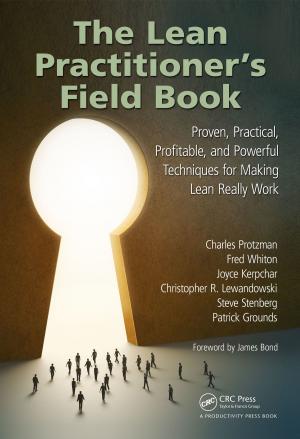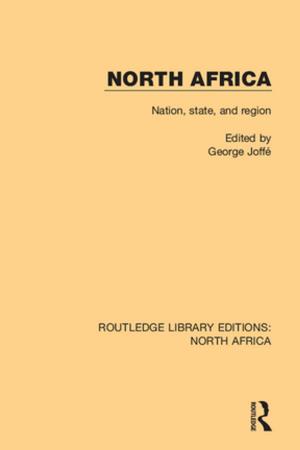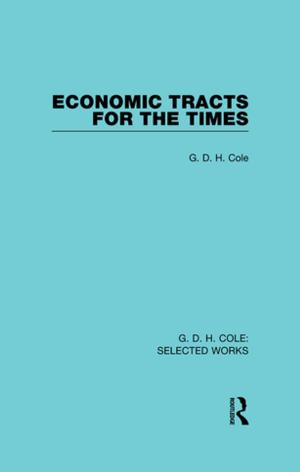Making Sense of Secondary Science
Research into children's ideas
Nonfiction, Reference & Language, Education & Teaching, Secondary Education, Elementary| Author: | Rosalind Driver, Ann Squires, Peter Rushworth, Valerie Wood-Robinson | ISBN: | 9781317601234 |
| Publisher: | Taylor and Francis | Publication: | September 19, 2014 |
| Imprint: | Routledge | Language: | English |
| Author: | Rosalind Driver, Ann Squires, Peter Rushworth, Valerie Wood-Robinson |
| ISBN: | 9781317601234 |
| Publisher: | Taylor and Francis |
| Publication: | September 19, 2014 |
| Imprint: | Routledge |
| Language: | English |
What ideas do children hold about the natural world?
How do these ideas affect their learning of science?
Young learners bring to the classroom knowledge and ideas about many aspects of the natural world constructed from their experiences of education and from outside school. These ideas contribute to subsequent learning, and research has shown that teaching of science is unlikely to be effective unless it takes learners’ perspectives into account.
Making Sense of Secondary Science provides a concise, accessible summary of international research into learners’ ideas about science, presenting evidence-based insight into the conceptions that learners hold, before and even despite teaching. With expert summaries from across the science domains, it covers research findings from life and living processes, materials and their properties and physical processes
This classic text is essential reading for all trainee secondary, elementary and primary school science teachers, as well as those researching the science curriculum and science methods, who want to deepen their understanding of how learners think and to use these insights to inform teaching strategies. It also provides a baseline for researchers wishing to investigate contemporary influences on children’s ideas and to study the persistence of these conceptions.
Both components of Making Sense of Secondary Science – this book and the accompanying teacher’s resource file, Making Sense of Secondary Science: Support materials for teachers - were developed as a result of a collaborative project between Leeds City Council Department of Education and the Children’s Learning in Science Research Group at the University of Leeds, UK.
What ideas do children hold about the natural world?
How do these ideas affect their learning of science?
Young learners bring to the classroom knowledge and ideas about many aspects of the natural world constructed from their experiences of education and from outside school. These ideas contribute to subsequent learning, and research has shown that teaching of science is unlikely to be effective unless it takes learners’ perspectives into account.
Making Sense of Secondary Science provides a concise, accessible summary of international research into learners’ ideas about science, presenting evidence-based insight into the conceptions that learners hold, before and even despite teaching. With expert summaries from across the science domains, it covers research findings from life and living processes, materials and their properties and physical processes
This classic text is essential reading for all trainee secondary, elementary and primary school science teachers, as well as those researching the science curriculum and science methods, who want to deepen their understanding of how learners think and to use these insights to inform teaching strategies. It also provides a baseline for researchers wishing to investigate contemporary influences on children’s ideas and to study the persistence of these conceptions.
Both components of Making Sense of Secondary Science – this book and the accompanying teacher’s resource file, Making Sense of Secondary Science: Support materials for teachers - were developed as a result of a collaborative project between Leeds City Council Department of Education and the Children’s Learning in Science Research Group at the University of Leeds, UK.

